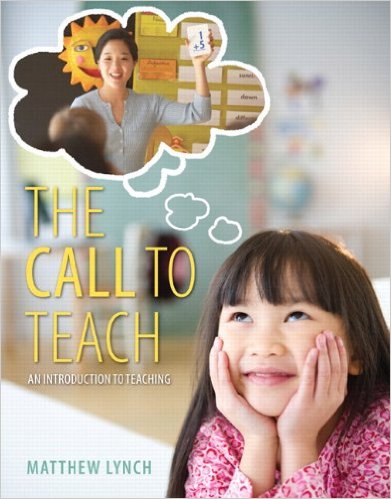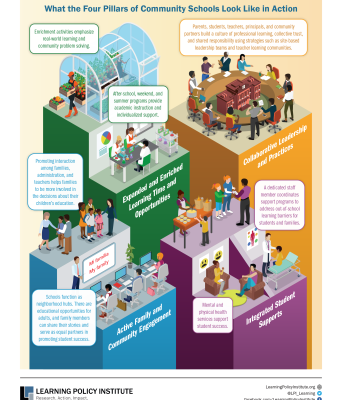Who Owns Knowledge? A Look At Curriculum.

The central focus of every curriculum is imparting knowledge in the best way possible. But who decides what “the best way possible” really is?
The K–12 curriculum is often referenced in abstract ways, with many schools and districts claiming to want to teach the “whole child.” But what does that actually mean in the context of contemporary classrooms? Not every student exposed to the same information will achieve the same success and life outcomes. Just what is actually considered knowledge is interpretive, at best. Educators must narrow information to the learning materials that will make the biggest positive impact on a particular group of students.
K–12 schools have four kinds of curriculum. Official curriculum is outlined by governmental or educational bodies as the framework for every student. Taught curriculum is what teachers actually pass on to the students under their care. Tested curriculum is what is examined in standardized and graded testing materials. Learned curriculum includes those items that may not show up on testing results but are integral to student development and the learning experience. Depending on whom you ask, any one of these categories of curriculum may be considered the strongest, while others may measure as weak or unnecessary.
Though there is some federal oversight on curriculum choices and the funding accompanying them, curriculum is generally chosen on a local level. Some of the factors that go into curriculum choices are the personal belief systems of the decision makers and their overarching worldviews. Some things are considered “absolute”—like the rules of grammar or the way math equations are solved. Many other parts of K–12 learning are interpretive and are influenced by the individual educator or by imposing views on a global scale. Even the “facts” of history may be presented in differing ways based on the type of curriculum believed correct by officials. Often what is left out of curriculum is just as telling as what is included.
When educators are involved in the role of choosing curriculum, there is an assumption that the best interests of a student population and its achievement are at heart. For the most part, this perception is true. There is a reason why teachers and administrators require degrees and continuing education courses to obtain and keep their licenses; a lot of expert thought goes into the material that is chosen for students. In recent years parents have started to become more of an influential force in curriculum choices of K–12 schools. A law passed in 2012 in New Hampshire allows parents to object to any course material presented in public schools, provided that they can recommend a suitable alternative. While this law affects a very small subset of the national student population, it represents a trend in all schools to cater to students, and more specifically to parents, as customers. If public K–12 schools are to remain equalizers, however, the demands of small, fringe groups cannot be met. While parents may believe they know what is best for their own children, curriculum decisions for the collective student body are best reserved for objective, expert educators.
As an educator, it’s your job to thoroughly understand the reasoning behind any curriculum you implement. Know the pros, so you can defend what you’re teaching, if necessary. But know the con’s, too, so that you’re prepared to explain how you’re handling or working around those. Be realistic. Be informative. Be a teacher.





